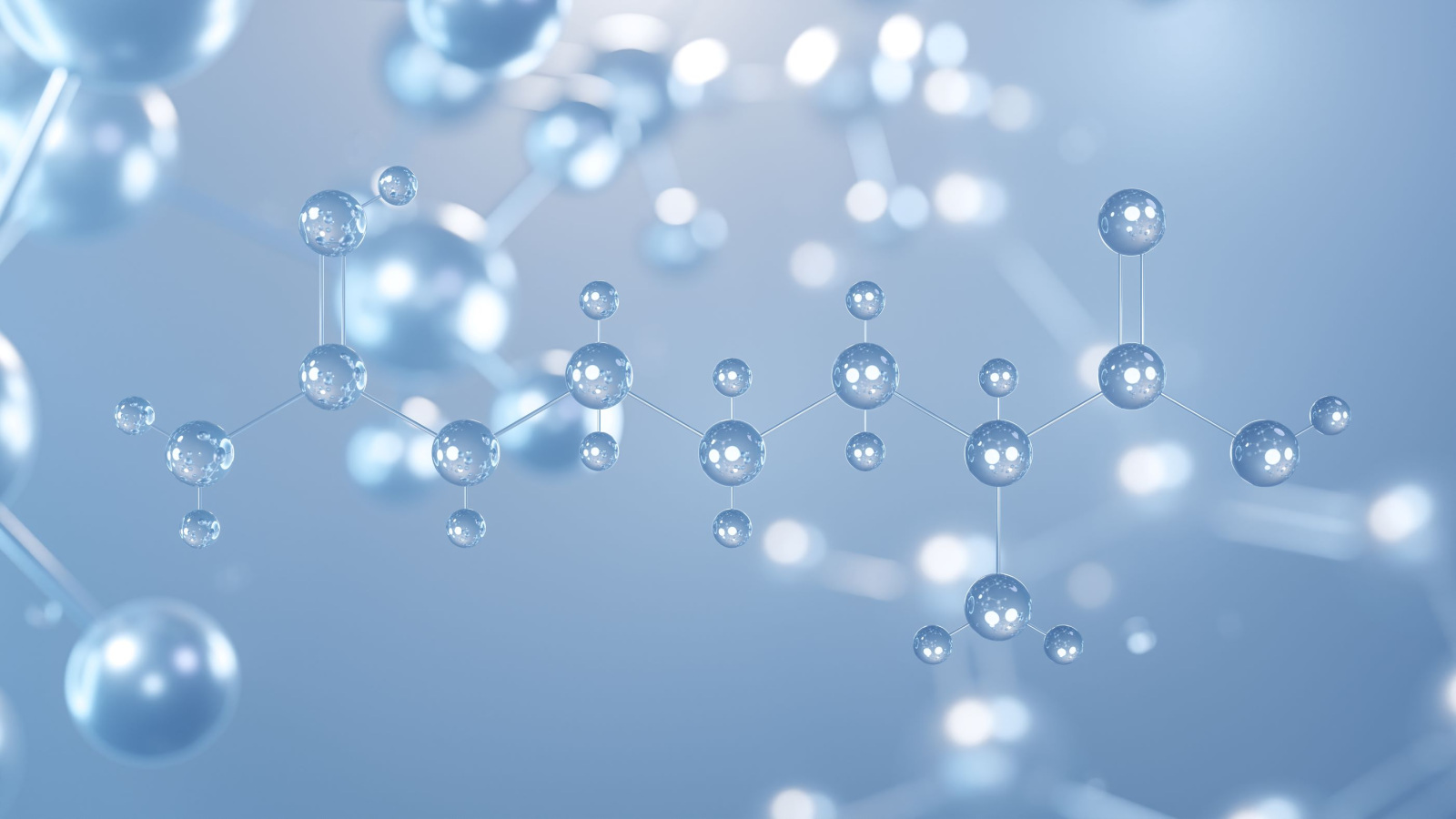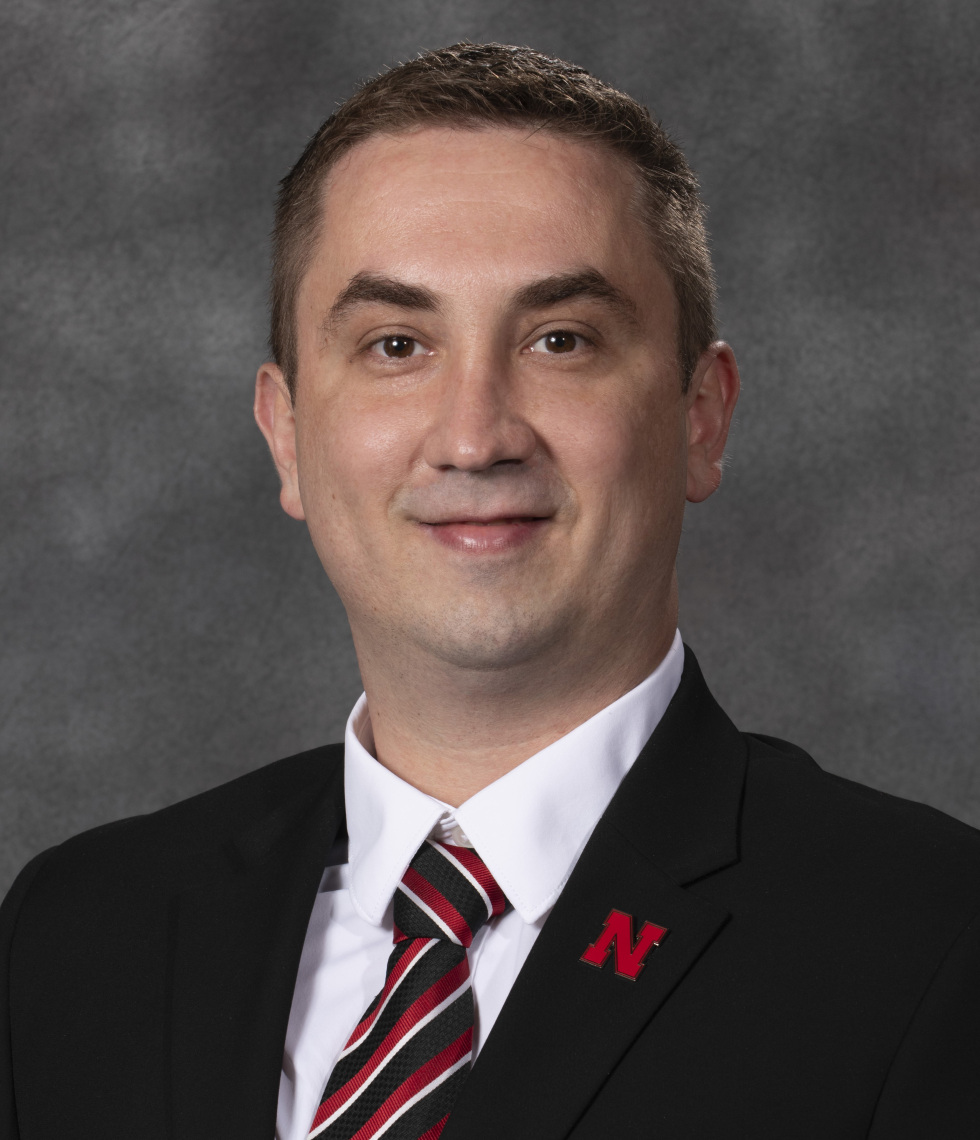Biochemical and Molecular NutritionMaster of Science (M.S.)
The master's degree in Nutrition and Health Sciences-Biochemical and Molecular Nutrition specialization focuses on biochemical and molecular nutrition research. It is designed for students seeking careers in academia and industry as nutritional specialists.
Students in this program will acquire competencies through a combination of class work and laboratory research in the following areas:
- Human nutrition
- Biochemistry and molecular biology
- Experimental design
- Statistical data analysis
The program requires 9 credit hours from the following courses:
- NUTR 820 Molecular Nutrition (3)
- NUTR 821 Molecular Nutrition Techniques (3)
- NUTR 840 Research Critiques in Extracellular Vesicles (3)
- NUTR 845 Obesity Disease and Human Health (3)
- NUTR 922 Lipid Metabolism and Metabolic Syndrome (3)
- NUTR 926 Carbohydrate and Lipid Nutrition (3)
- NUTR 950 Integrated Principles of Human Nutrition (3)
- NUTR 960 Nutrient Function During Exercise (3)
A full listing of course descriptions can be found by visiting catalog.unl.edu/graduate-professional/courses/nutr/.
Total credits required:
- M.S. Option A: 30 total credit hours, requires research thesis (NUTR 899, 6-10 credit hours)
- M.S. Option B: 30 total credit hours, non-thesis
Application to this program
START THE APPLICATION PROCESS AT GRADUATE STUDIESDegree Requirements
• As for all M.S. degrees, a minimum of 30 semester hours of credit, consisting of 20 to 24 semester hours of regular courses (of which 9 credit hours must be selected from the list above), and 6 to 10 semester hours of thesis research (for Option I students).
• Minimum of 15 semester hours, including thesis, must be taken in the student’s major subject (i.e., courses having the prefix NUTR).
• If pursuing a minor, then at least 9 semester hours of supporting courses must be taken in a department or interdepartmental area which offers a minor.
• Minimum of 8 semester hours, in addition to the thesis, must be earned in courses open exclusively to graduate students (900 level or 800 level without 400 or lower counterparts).
• Up to 9 semester hours of graduate credit from other accredited institutions may be accepted at the discretion of the student’s Examining Committee. Transfer credits without an undergraduate counterpart may be used to fulfill the 8-hour “graduate-level only” requirement.
• As an outcome, an original, research-oriented written thesis and formal oral defense is required.
Associated Faculty





